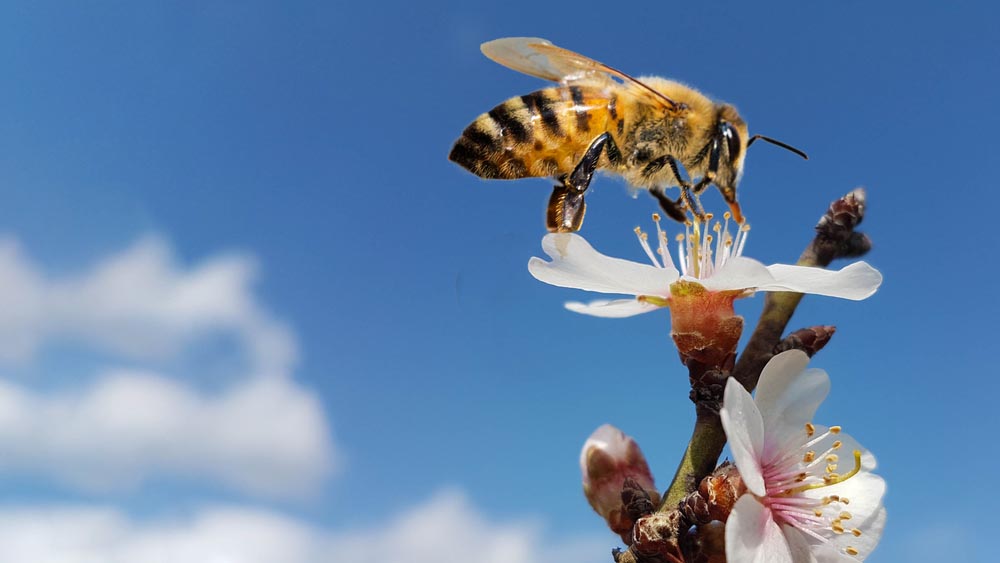



Article by: Hari Yellina
It is now possible to send home up to 16,000 registered Victorian beehives that became trapped in southern New South Wales due to the varroa mite outbreak. Late on Friday, Agriculture Victoria made the announcement, allowing additional beehives to return and aid in the pollination of almonds. North-west Victoria has almond trees that are about to blossom, and typically hives from Victoria, New South Wales, and Queensland are utilised to pollinate them. Rosa Crnov, Victoria’s Chief Plant Health Officer, advised beekeepers that in order to move their hives safely and without introducing the damaging insect, they needed to seek for a permit and test their hives both before and after the move.
Honey bees had remained quiet over the winter, not collecting honey and not pollinating, according to Dr. Crnov, who claimed that they posed no risk. We also feel comfortable dealing with them because they are registered with Agriculture Victoria, which gives us easy access to all of their documents and testing procedures, she added. Varroa destructor, a bee parasite, was discovered in sentinel hives at the Port of Newcastle last month. Authorities in New South Wales have been attempting to get rid of the mite, which has since been discovered at 41 locations. According to Dr. Crnov, the risk was still too great for New South Wales hives to reach Victoria.
“If there is any fresh information, we will review the matter as time goes on. We’re looking at New South Wales doing more work to stop varroa mites from spreading,” she spoke. Although the Almond Board of Australia welcomed the return of bee hives that had been in New South Wales, its CEO, Tim Jackson, noted that north-west Victoria still lacked up to 65,000 hives necessary for almond pollination. He predicted that there would be significant hive destocking and a reduction in hives per hectare. If the weather is ideal for pollination, such as when it’s sunny and warm, there is a chance that the bees could be able to complete the task.
The Almond Board sought to establish biosecurity bee bubbles in some regions of Victoria so that specific zones may utilise New South Wales hives solely for pollination. However, such suggestion was rejected. The likelihood that the pollination will be a super spreader event is a major source of concern for the Victorian beekeeping community as well as all interstate beekeeping communities outside of New South Wales, according to Mr. Jackson. Any adjustments made in the upcoming days, he claimed, would be too late.